In a special 2019 series, Compelo is shining a spotlight on South Africa. From being set up as a paper mill by mining company Angelo American to becoming the eighth largest packaging company in world by revenue, Mondi is a big industry player
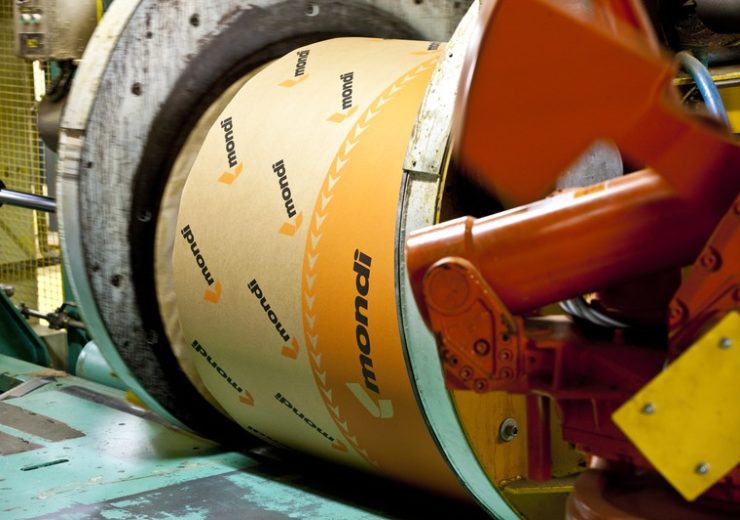
kraft paper production mondi in sweden
What Amcor is for plastic packaging and Ball is for metal boxes, Mondi is one of the world’s biggest players when it comes to producing cardboard.
With the rise of e-commerce and a growing need to use more recyclable materials, the South African giant identified how paper-based containers will only continue to grow.
Here we take a look at the history of Mondi, and how in just half a decade it has grown into a major force in the packaging industry.
History of how Mondi became a packaging giant
Mondi Group was founded in 1967 by South Africa-based multinational mining company Anglo American.
It set up the Merebank paper mill in a suburb of Durban and the factory was called Mondi South Africa.
In the same year, the company acquired Austrian pulp and paper groups Frantschach and Neusiedler, which were founded in 1793 and 1881 respectively.
Over the following two decades, the Mondi brand consolidated itself in the South African marketplace, before the company purchased Polish containerboard, corrugated packaging and industrial bag manufacturer Swiecie in 1997.
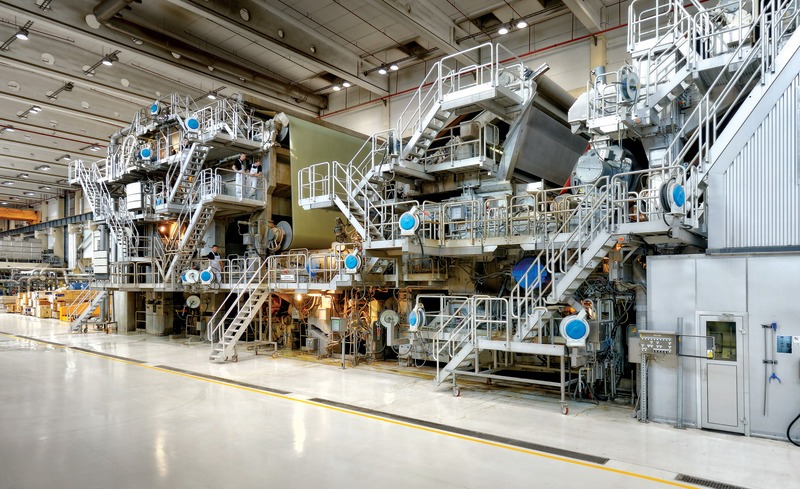
At the turn of the 21st century, the group bought a 50% stake in the Slovakian Ružomberok plant, one of the company’s largest and the eastern European country’s biggest integrated mill that produces paper and pulp.
The firm purchased a further 1% of the facility in 2006.
A year later, Anglo American conducted a de-merger with Mondi Group, with Mondi’s privately-limited side of the business listed on the Johannesburg Stock Exchange, and the publicly-listed side of the company floating on the London Stock Exchange.
The same year saw the firm purchase a majority stake in Turkish containerboard and corrugated packaging business Tire Kutsan, and sold five of its corrugated packaging plants.
In 2010, Mondi signed an agreement with the Smurfit Kappa Group to purchase its western European industrial and consumer bag operations in France, Italy and Spain, with all three of Mondi’s corrugated box plants in the UK going the other way.
Since then, the company has expanded, buying further plants in countries such as Germany, the Czech Republic, Austria, Bulgaria and US.
What does Mondi do?
Mondi’s main business area is in fibre-based packaging products, which made the company €1.86bn (£935m) in 2018.
The firm also develops packaging products for consumers – which includes technical film and release liner – as well as professional business paper, which made €194m (£167m) and €516m (£444m) in 2018.
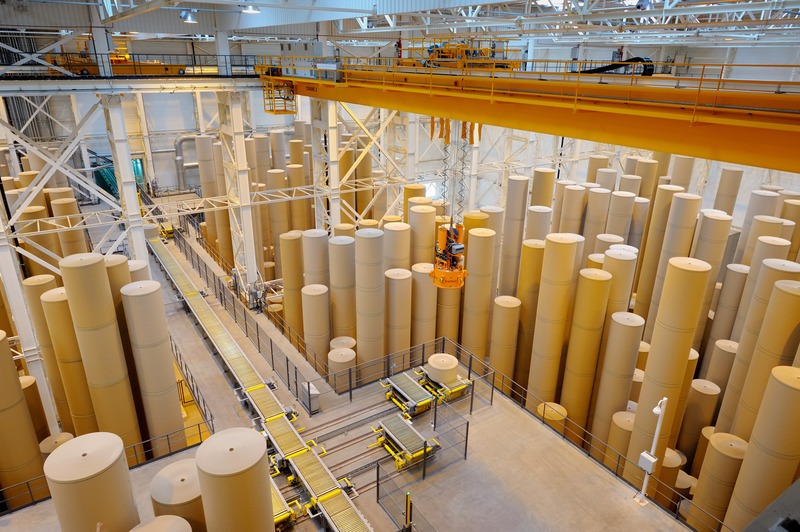
Mondi employs around 26,000 people, operating in more than 30 countries.
The company’s current CEO is Peter Oswald, taking over in May 2017.
He has operated in leadership roles throughout the company since 1992.
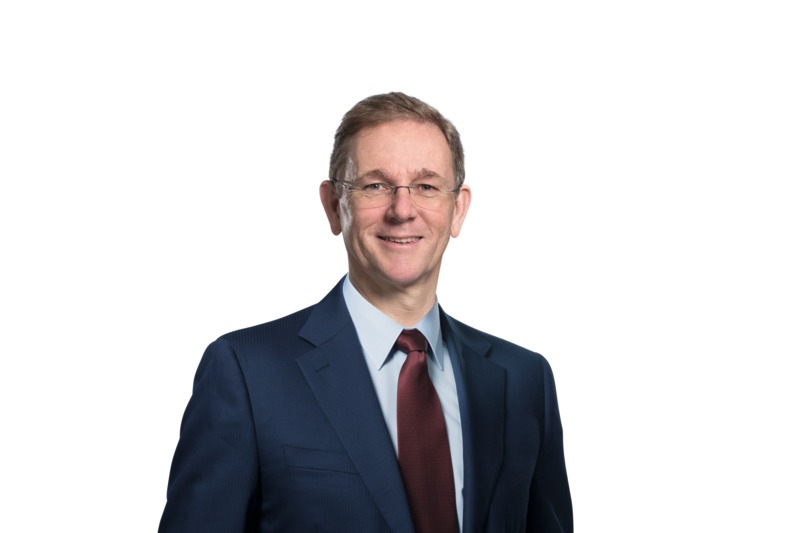
Mondi’s packaging sustainability goals
As part of Mondi’s 2018 Sustainable Development report, the company set out its ten “action areas” – sustainability targets it wants to hit by 2020.
The range of commitments the company has made include better health and safety for employees and contractors, and improved relationships with communities.
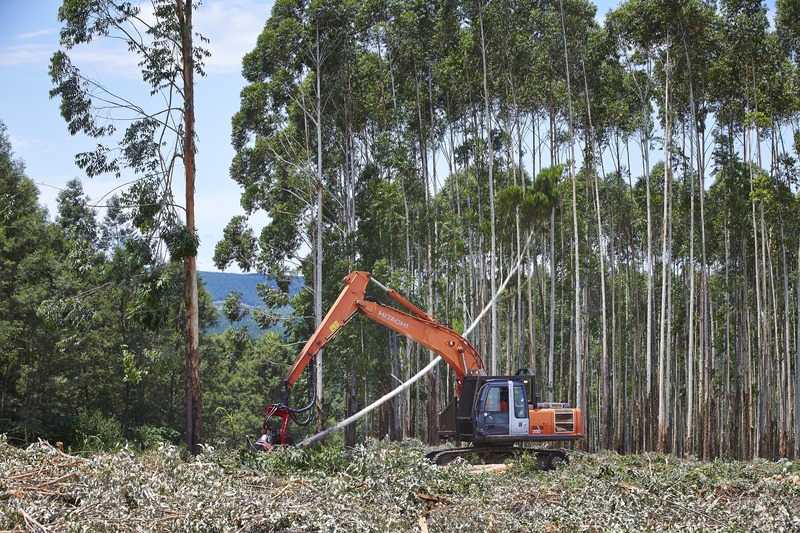
It also aims to increase the amount of sustainable fibre that is used in its products.
To do this, it will procure at least 70% of the wood the firm uses from sources certified by either the Forest Stewardship Council (FSC) or the Programme for the Endorsement of Forest Certification.
Alongside this, Mondi wants to maintain an FSC certification for 100% of its owned and leased forest lands, meaning its materials are sustainably sourced.
